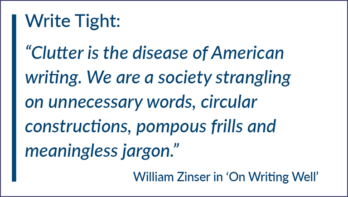When Henri Nouwen died several years ago, I grieved. I grieved for the loss of his touch on my life. I grieved for the church which had lost a very special prophet and priest. And I grieved because I had never met him.
It was always a wonder to me that a Dutch Catholic priest could write so directly to the heart of American evangelicals. But he did. At least a half dozen of his forty some books touched me deeply, and one of them, Reaching Out, is coffee and tear stained, dog-eared and falling apart.
I had wanted to meet Henri for several reasons. For one thing he was my age, short of a few days. Then, I had lived in his homeland and have an inordinate affection for all things Dutch. But I wanted to meet him more because he had the uncanny ability to get under my skin, to identify with my struggles, joy, hurts, temptations, and pleasures.
Henri Nouwen was a merciful man in the manner to which William Barclay alludes in his paraphrase of the beatitude, “Blessed are the merciful.” Barclay writes, “O the bliss of the man who gets right inside other people until he can see with their eyes, think with their thoughts, feel with their feelings, for he who does that will find that others do the same for him, and he will know that that is what God in Jesus Christ has done.” Henri did that for me.
That verse, by the way, is a description of good writing and editing. When we can sense the heartbeat, the fears, the ambitions, the needs of those for whom we write and edit, we can reach a high level of communication. It is the true response to the admonition, “know thy reader.”
So I was excited to pick up the biography Wounded Prophet, written by British journalist, Michael Ford. The title comes from the phrase, “wounded healer,” which Nouwen often used, and I believe it captures the essence of the man. Henri Nouwen recognized that an understanding of our pain and loneliness “makes it possible to convert our weakness into strength and to offer our own experience as a source of healing . . .” By living through our own struggles, not denying them or running away from them, we give hope to others. It’s another way of expressing the biblical idea that God uses the weak things of this world.
As I began to read Ford’s book, however, I had a strange feeling that, after all, I might not have liked Henri Nouwen if I had met him. He was, according to Ford, a very intense man who made great demands on his friends. He was eccentric. He was, in a word, a wounded man who made little attempt to hide his wounds. I almost stopped reading the book because I wanted to preserve the sanitary image of a saint which I had formed in my mind over the years.
As I continued to read, however, the deeper meaning of the title came through. And it gave hope to me as an editor and a writer. God did choose the lowly and foolish things of the world to do the work of the Kingdom. And as I write now I pray that God will give the Evangelical Press Association a host of scarred and hurting members who can bring healing to their readers through their own wounded hearts.
— by Ron Wilson
Wilson is the former executive director of the Evangelical Press Association.





